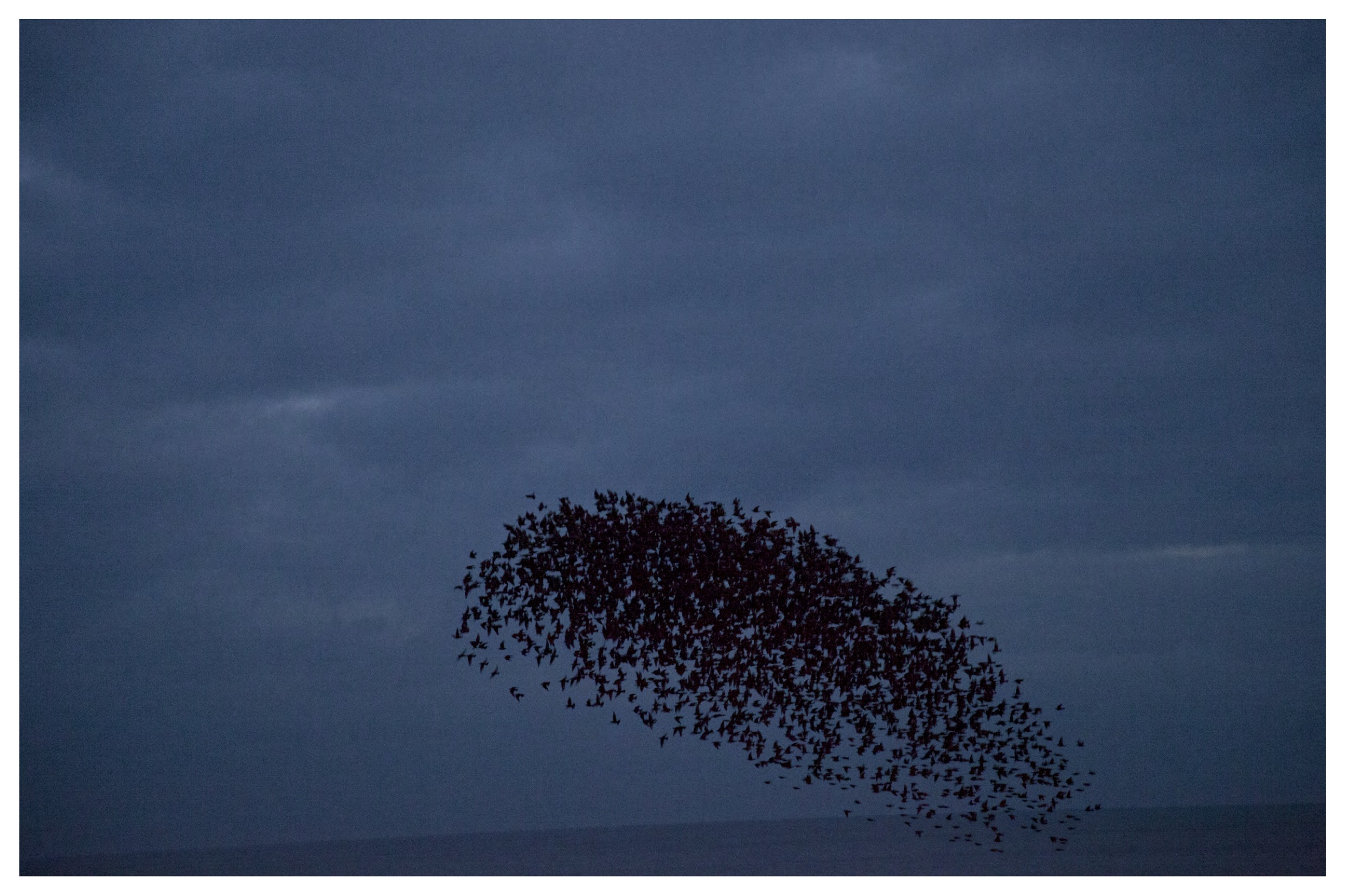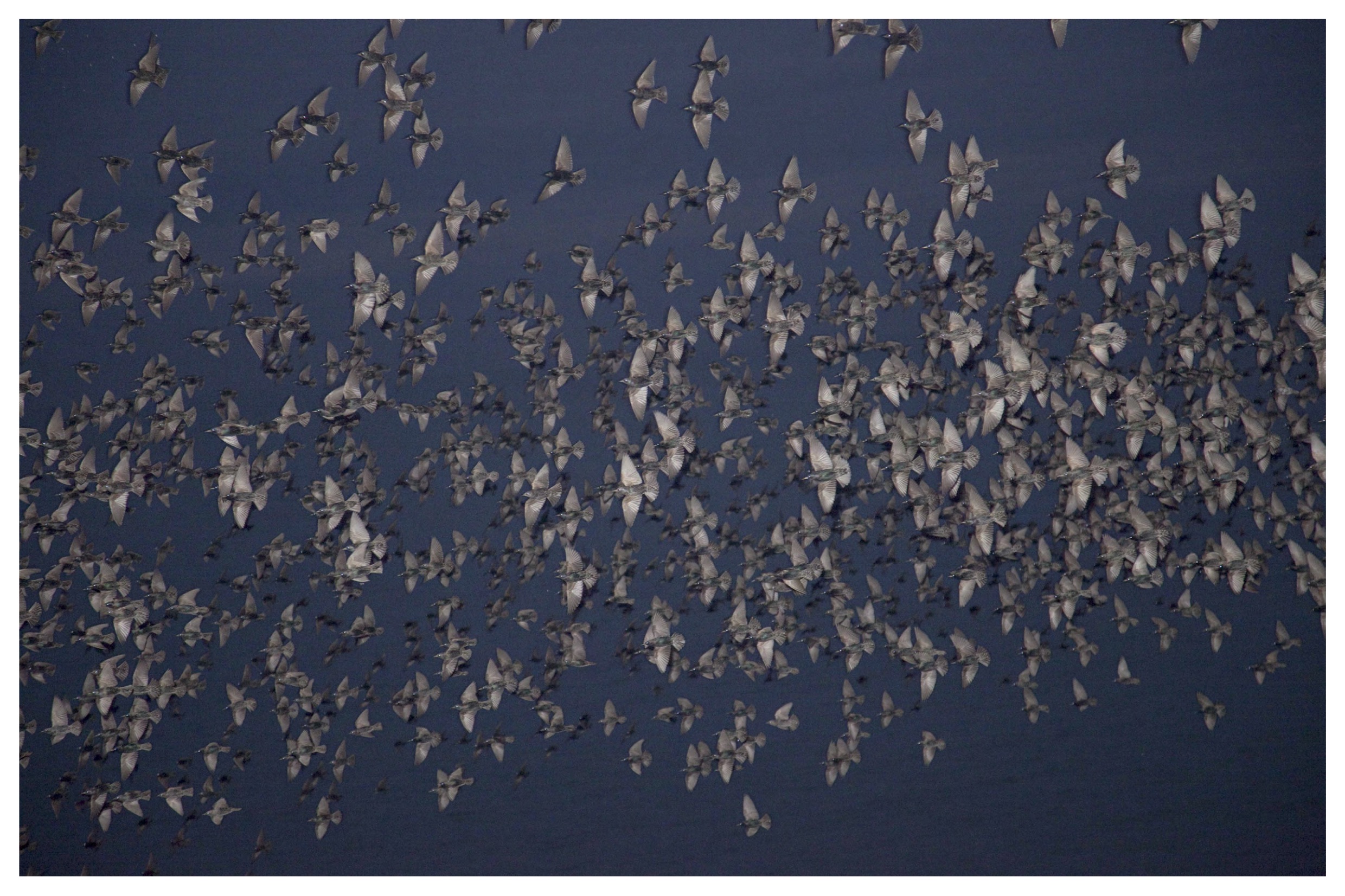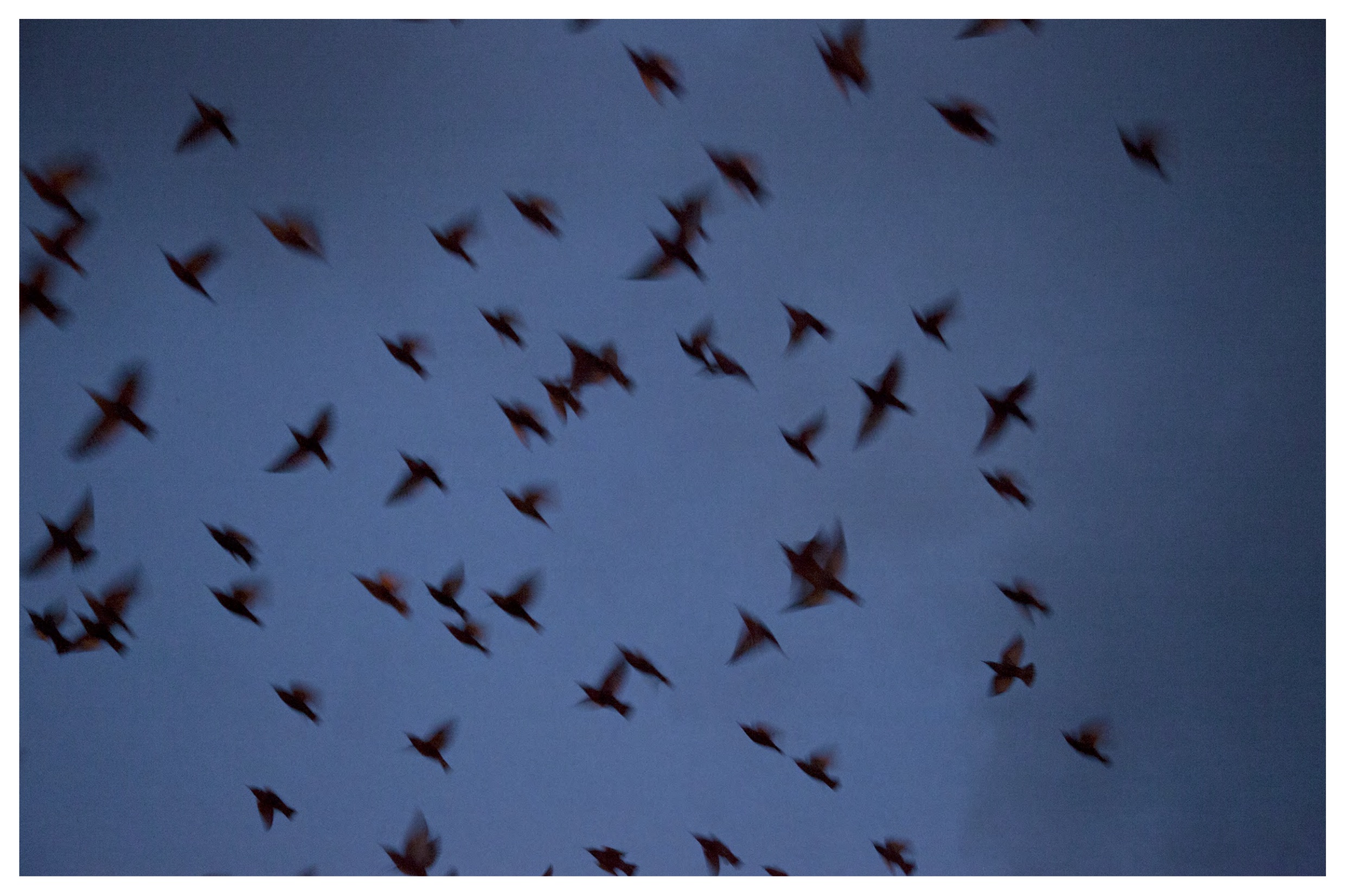The following is the first in a series of three conversations in which recent refugees reflect on material possessions. Read the second here and the third here.
PREFACE
What would you take with you if you were leaving home?
What would you bring if you knew you weren’t returning?
Clothes carry memories, tell stories of who we are or want to be. These tactile residues and symbols of the past help anchor us when we feel lost at sea. Because don’t we all go through life, one journey at a time, discarding some things along the way, keeping others?
The things we carry, what do they say about us?
For those forced by circumstance to leave the familiar behind, otherwise insignificant things often take on portentous meaning. An ordinary pair of sneakers becomes an emblem of a brother far away, a silver necklace connects you to your heritage, a winter coat bought cheap in a high street store has to double up as a duvet when all the beds at the nearest camp are full. Most of us don’t have to think about clothes like that; we focus on what makes us look good, or feel good. What makes us belong, or stand out. But for some, displaced by war or hardship, an everyday T-shirt, a pair of trousers or a scarf, turn into tangible material memories of times past, disappointments endured and victories won.
Reflecting our history, garments are sometimes said to be a second skin. They protect, from harsh weather but also from unforgiving looks. They help us fit in, when fitting in is a survival strategy. In the three stories that follow, how to navigate taste and identity when choice is severely limited, how to negotiate nostalgia for home with the practicalities of a new life and how to hold onto the things most dear to us while being constantly on the move becomes woefully clear.
Because the things we carry give us shape.
BUSHRA AL–FUSAIL, AGE 30
Left Sana’a, Yemen in 2015
Arrived in New York City, USA in 2016
I was living in a bubble in Yemen. I was educated, but I didn’t really know what was happening in my own country. I was working for IOM, the International Organization for Migration, in Sana’a, and they took a group of us to Jordan after the war had broken out. I went with my mum and two younger sisters; I thought we’d just be staying for a couple of months. I ended up staying almost a year in Amman. Then I was invited to do a workshop in New York and while I was here, the government in Jordan took steps to prevent Yemenis from returning or even entering the country. The war had shut down the airport in Yemen so I couldn’t go back home either. I was stuck.
My brother lives in Chicago, he’s an American citizen, and he suggested I stay in the States. I didn’t know what else to do. My visa was about to expire and I didn’t want to stay illegally so I started applying for jobs and even considered doing a masters degree, just so I could get a student visa. But it didn’t go anywhere so I ended up applying for asylum. It was my last option.
My first thought was to get my mum here too. Since my brother is a US citizen, he has the right to apply to get his mum into the country. I thought my mum and dad would be able to come, and then later my sisters so in time we would all be together again in the US. But then Trump won the election and everything changed.
After I left for the States my mum and sisters stayed in Jordan for a few more months, but since my dad was still in Sana’a my mum wanted to go back to be with him. My dad was so stubborn; he didn’t want to leave his house or his land. But the problem now is that there is no embassy in Yemen and no countries that accept Yemenis without a visa. So I’ve left my mum and my siblings behind, and when my dad passed away last year I couldn’t even go home for the funeral.
I don’t have a single American friend. I thought I knew American culture, but it turns out all I knew was Hollywood. [Laughs] Americans are selfish – this culture is all about putting yourself first. Where I come from, you always talk about ‘we’ – I feel embarrassed to say ‘I.’ But here in America, even among other activists, the individual is always bigger than the cause in the end. They want fame. I’ve been to talks about Yemen where there’s not a single Yemeni speaker. It makes me so mad! Who gave you the right to talk about my country? Especially when there are so many immigrants who know the situation firsthand. Americans always think they’re better somehow.
I was a photographer in Yemen, an activist and a feminist. When Saudi Arabia imposed fuel sanctions, I decided to do something. The streets were completely empty and I was getting increasingly frustrated. I wanted to go to work! I decided to use a bike and to encourage other women to use bicycles too. We campaigned and took to the streets, and it upset a lot of people to see women on bikes. After that campaign things got really bad for me – it was one of the reasons I left. My first year in New York was really hard though. I was always on Facebook checking up on what was happening back home. They had air strikes all the time, and I worried for my friends and family. Losing home means you’re broken. There are so many things I miss. I miss my favourite shirt. I miss my pillow – I’ve had it for ten years. I miss certain spices. When we left for Jordan, my mum took this big bag of Yemeni spices with her; I thought she was crazy. And now I wish I had that bag so bad. I miss the smell of home.
When I came to New York it was winter. I thought I was only coming for a short trip, so I left most of my clothes and things in Jordan. I only had what I could fit into one suitcase. In Yemen there is no winter so I didn’t own a lot of winter clothes in the first place – only a few things I’d bought in Jordan. Everything I brought with me to New York was new. The first thing I bought when I got here was winter boots from Clarks. I miss the Middle Eastern colours. In Yemen we love colour: here everything is so plain. My sister laughs when I ask her to send me clothes, she’s like, ‘Can’t you find that in New York? Don’t they have everything?’ But they don’t have what I want. Even underwear – my favourite brand for bras for example is La Senza but they don’t have it here. I think the garment I miss the most though is my navy shirt. It’s from H&M. It’s short-sleeved and V-necked, and I used to wear it under my abaya and it would always make me feel beautiful. It’s something about the cut I think. My younger sister has it now, she sent me pictures of her wearing it the other day. Oh I missed home when I saw those pictures!
I only have a few things from home now. One is a cotton scarf, it’s black with a red stripe. In Yemen I would have worn it to cover my hair, but here I wear it around my neck. I have a silver necklace too, with a dark red stone. I wear that a lot, though I often take it off when I work with the Yemeni community here in New York. They are often simple people, and they’re not used to seeing a Yemeni woman without an abaya or a hijab. Many Yemenis don’t want to change, even when they’ve left Yemen. The Yemeni community in New York is very strict, so I don’t want them to identify me as Yemeni necessarily. It’s funny: I’m so attached to Yemenis on the one hand, but I also want my space. I’m different to a lot of Yemenis here. Most immigrants came from small villages or from the countryside. They don’t have much education. Here in New York they often run delis but they don’t really mix with other cultures. They don’t know how life in Sana’a has changed, especially for women. They think Yemen is still like it was when they left in the Sixties and Seventies. When they see me they get confused and they ask, ‘Is your mum American?’ I have nothing in common with them, even though we speak the same language and eat the same food. I’m a foreigner to them.
In Yemen we wear the black abaya; we cover our hair. Some women cover their faces too, but I always hated the fact that I had to cover up. I did it because I had to, but also out of respect. As a photographer I never wanted to draw attention to myself. I need to show my subjects that we have something in common, that they can trust me. I photographed very simple people and I wanted them to feel safe with me. In Yemen I felt secure, I had a place in society but I adapted to it also.
In Yemen I always lived with my parents. I had a comfortable life, in retrospect I think I was a little spoiled. I never paid rent or bills or even bought groceries. Never. Here in New York I’m in survival mode. I’ve moved six times since I got here. I’ve had to learn how to budget. I’m always thinking about what I’m going to do next. But one of the great things about being here is that I can wear what I want. Saying that, I know that when I go back home, I’m going to adapt to the culture again.
In Yemen I used to dress differently. Since we always wear the abaya, what I would wear underneath was always comfortable. I didn’t care so much about what I looked like. All my life I’ve worn an abaya and a hijab. I used to wear all sorts of colourful hijabs. When I came here, I found that my clothes just weren’t right. For example, in New York you wear different clothes for different seasons – I never had to worry about that. We only have one season in Yemen. I only owned sandals; I never had heavy boots or thick socks. I always used to wear high heels because I would drive everywhere. I never had to think about buying an umbrella. In New York I need comfortable shoes, and clothes that fit every season. I get depressed here sometimes and then I don’t even care about how I look. Those are the days I wish I could just put on the hijab, and let my hair be a mess. I still have some lipstick from Yemen, and I wear it sometimes to make myself feel better. And putting on the perfume I used to wear at home, Chanel Chance, helps too. And I get my mum to send me incense from home.
When I first came to New York I was shocked to see so many women showing off their bodies, it seemed to me they were just doing it to get attention from men. It was a judgment on my part, I know, and now I don’t think about it really. As long as she’s happy, she should wear whatever she wants. But in America, they still think they’re number one for women’s rights; it makes me mad. Here, when they see a Middle Eastern woman wearing an abaya their first thought is, ‘Oh my god, she must be oppressed by her dad or beaten by her brothers!’ No. For me it was never like that. I wore the abaya like a uniform; it made me feel comfortable among my people. One day we’re going to change what women wear in public, but it’s not the right fight for now. I fought for women’s education and health when I was still living in Yemen. We have different concerns to women in the West; I wish people could understand that. I’ve even had arguments with feminists here about it; ‘Why would you tell me what to wear in my country? Can’t you see that that’s not what we want to focus on now?’ It’s true that Yemen is a very patriarchal society, but I believe that you pick your battles, and that one battle follows the other. I couldn’t fight about the abaya while there are women dying due to a lack of health care. But we’re not like in Saudi Arabia where women are forced to cover their faces by the government. I drive, I go to school and I travel without permission from a man. We’re bordering with what’s surely the worst country in the world when it comes to women’s rights and still women in Yemen stepped up and went to the revolution in 2012. Things are changing all the time. Three or four years ago you wouldn’t find women wearing colourful scarves, and now the coffee shops are full of them. That’s a huge thing.
This piece was created in collaboration with ‘An Unpredictable Expression of Human Potential,’ curated by Hicham Khalidi for Part of Act II, Sharjah Biennial 13, Tamawuj, Beirut, Lebanon 2017.
Anja Aronowsky Cronberg is Vestoj’s editor-in-chief and founder.
Rinko Kawauchi is a Japanese photographer.


